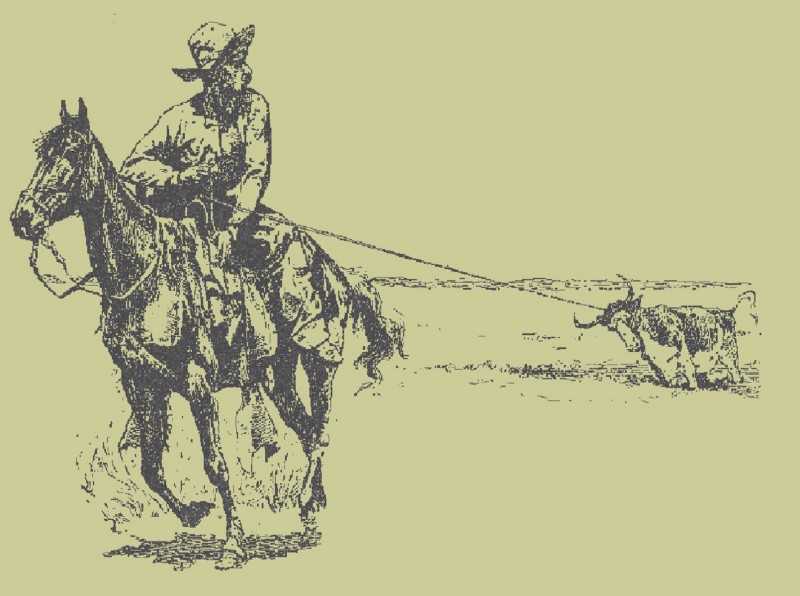Here’s a totally biased product management tip:
Be a team member. Be a participant. Less herding. More doing.Here’s why. The more you get into the business of corralling, “driving”, resource-juggling, herding, acting as a facilitator, or dare I say “managing” (or even “leading” in air-quotes)…the more you’ll start wearing the wrong set of hats. Your team will start relying on you for something that they can, in most cases, do for themselves.
You’ll be rewarded for doing all those things for sure. You may have been hired to do those things. Your team may already be reliant on you for those things.
But thinking long-term in your career, it is better to master being a context builder and problem definer. As a fully embedded team member, work alongside your teammates — not “off and to the side”. Avoid “running” the team. It is not “your team” with ownership overtones. Ask…
If the team controlled their budget, would they employ me?Why? If you don’t, you’ll run the risk of not focusing on the things that can get you a job in a healthy, progressive environment where the teams own these roles. Your experience is in herding, and not catalyzing outcomes. As a product leader, you’ll be called on to manage other product managers and influence other functional groups…not engineer wrangling, designer wrangling, or Tetris playing. So focus there.
There’s a kind of pervasive fetishism about product management — casting it as either mini-CEO-ism, or as humble servant leader to a fault (basically a humble mini-CEO). What both trigger, in many cases, is a sort of cult-of-personality around product management. And I’ve seen this go to the head of many a product manager (often without them noticing). It distracts people from rolling up their sleeves and being a good teammate.
So…carefully think about the hats you are wearing. How do they align with your career goals? What roles are you slipping into? How can you “lead” a team to more resilience and independence, such that you can focus on providing the context and data that will truly drive impact?
Again. Very biased. N=1. But maybe something to consider?
